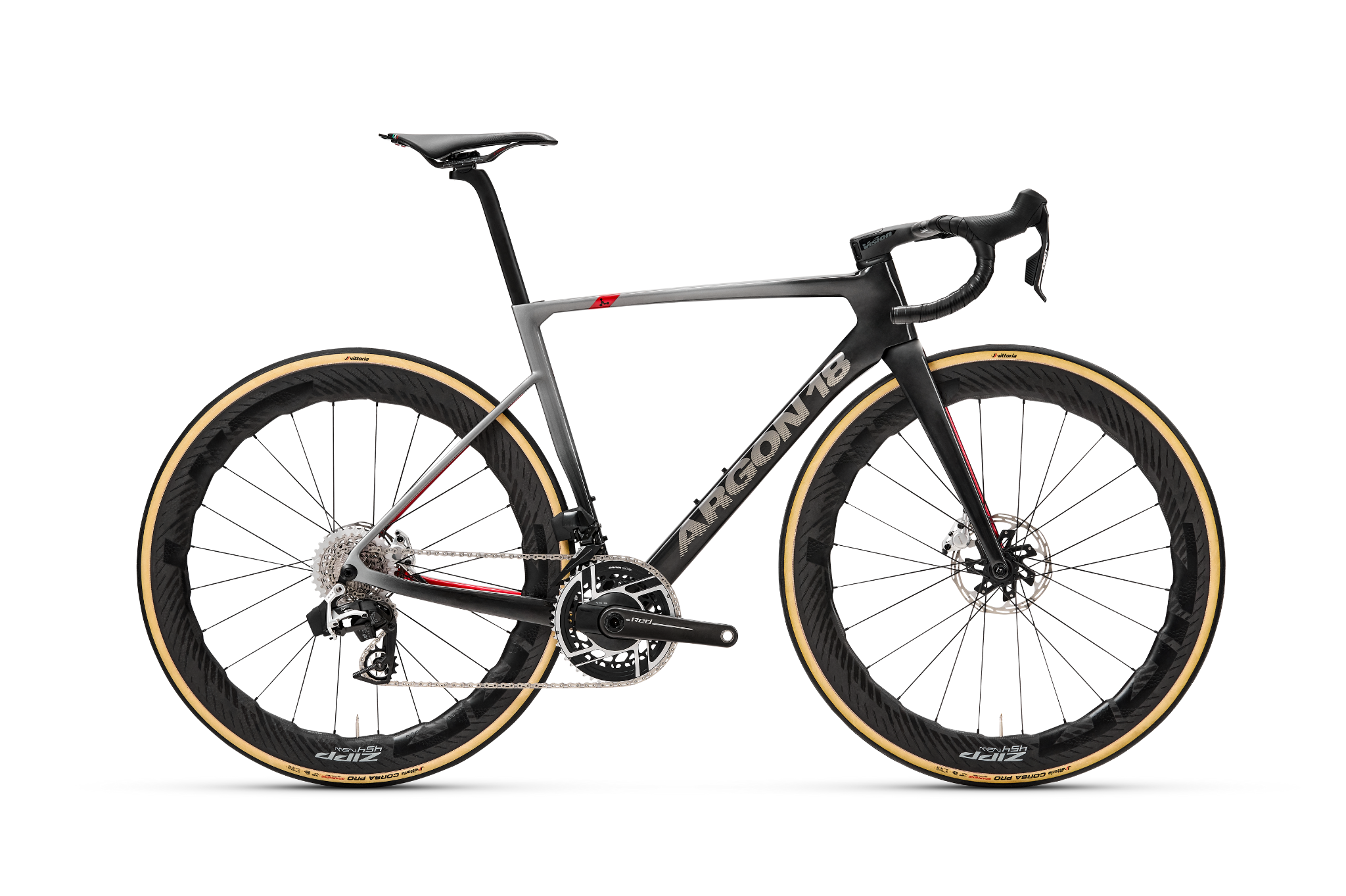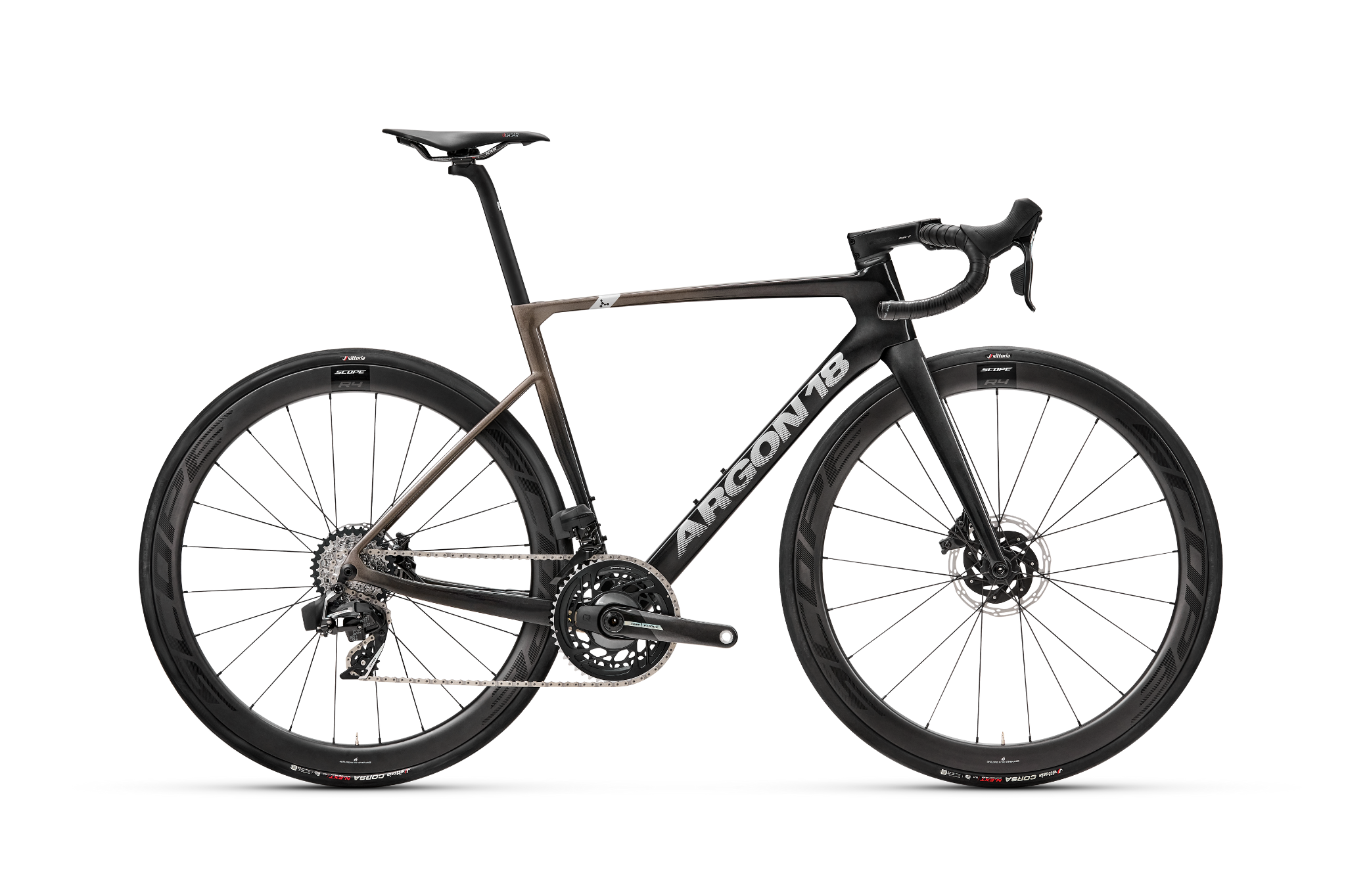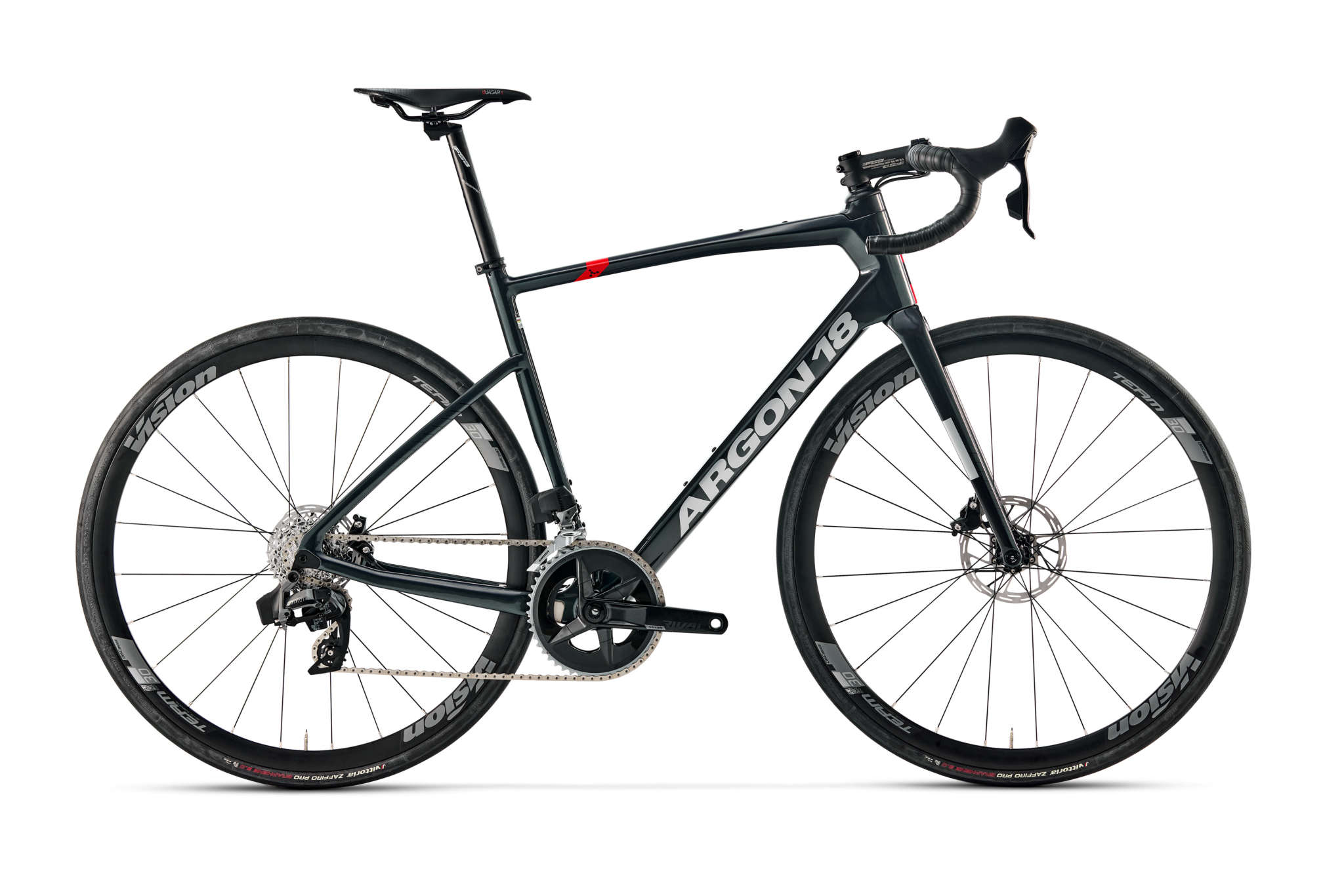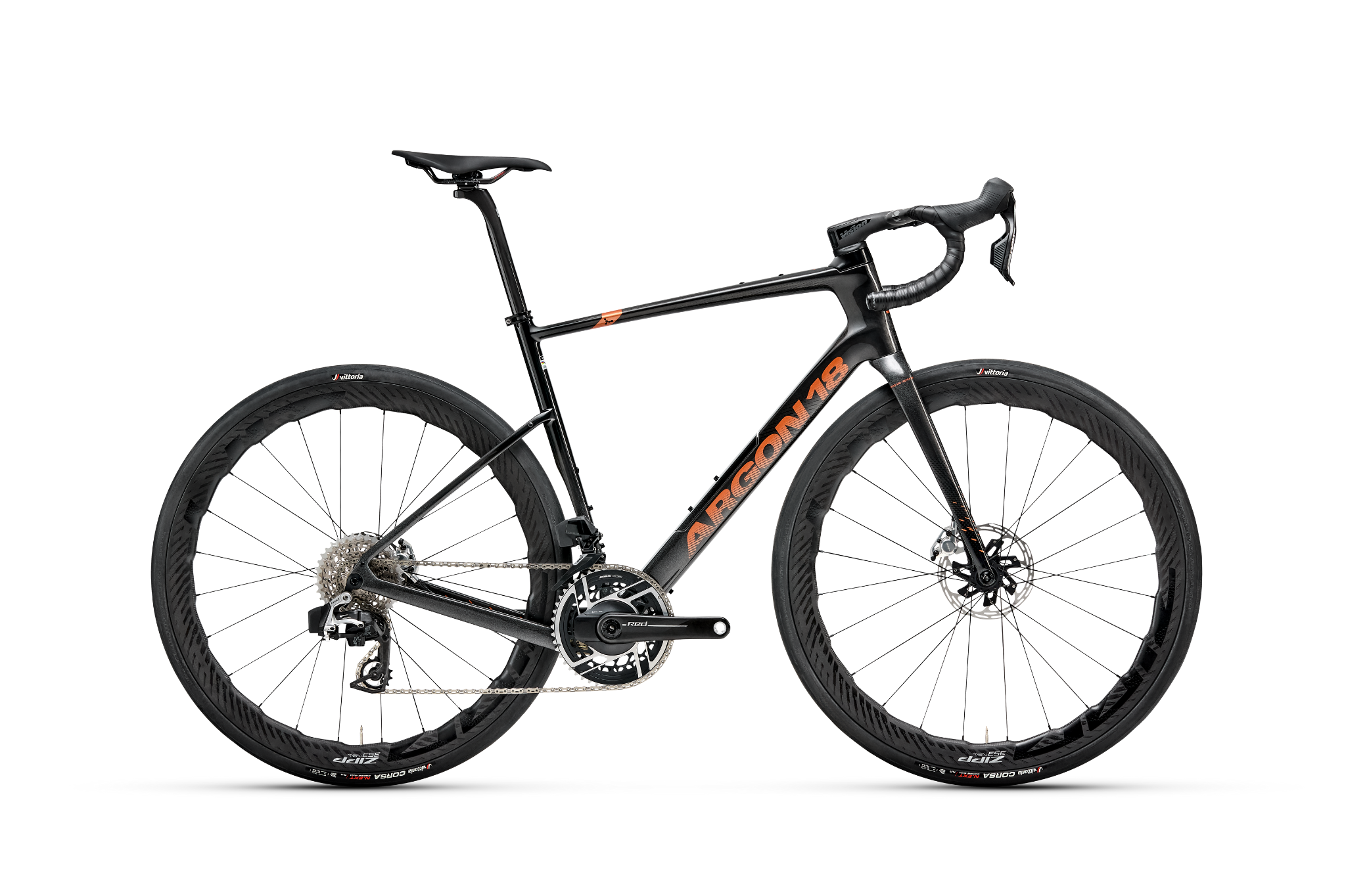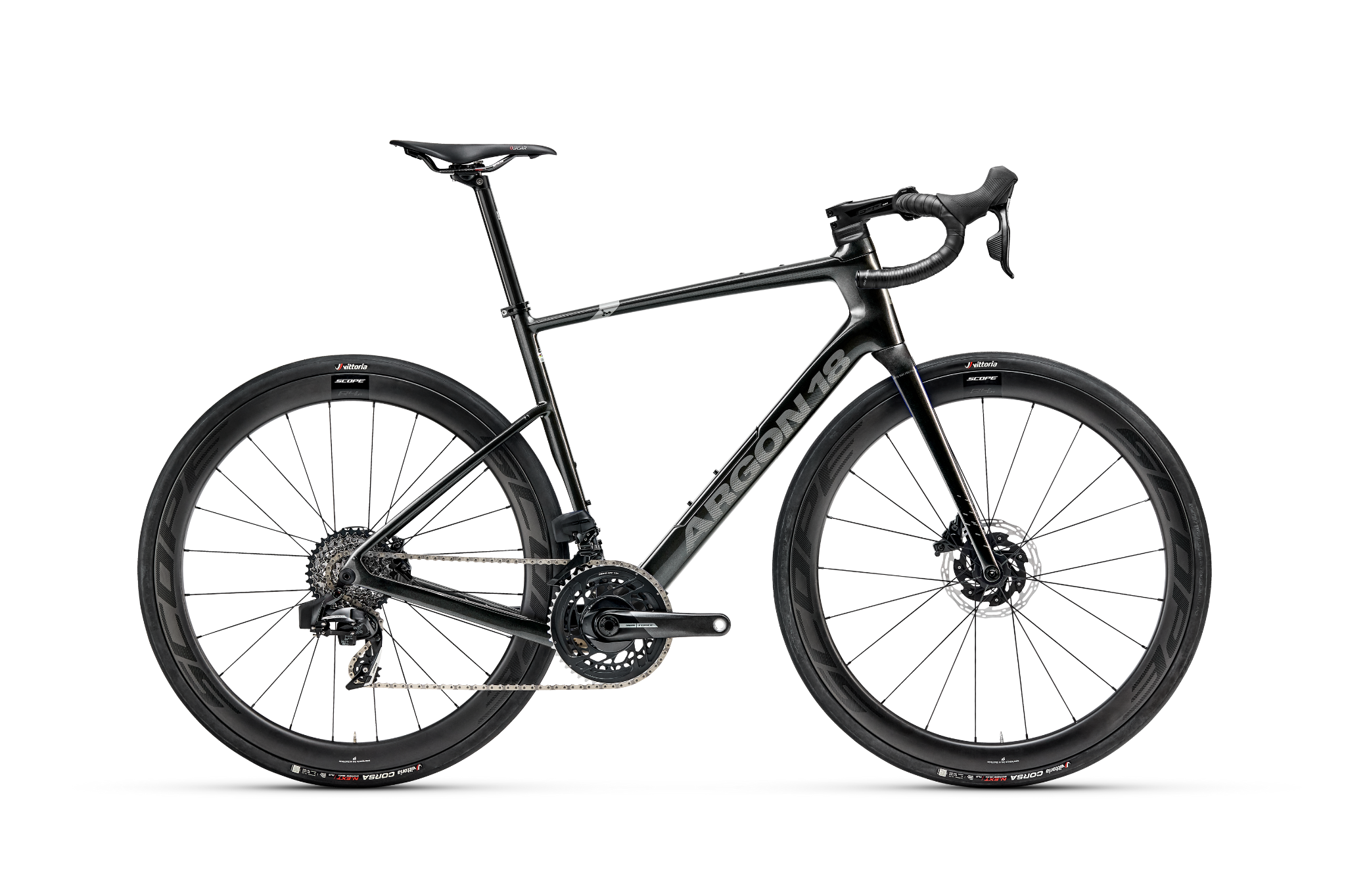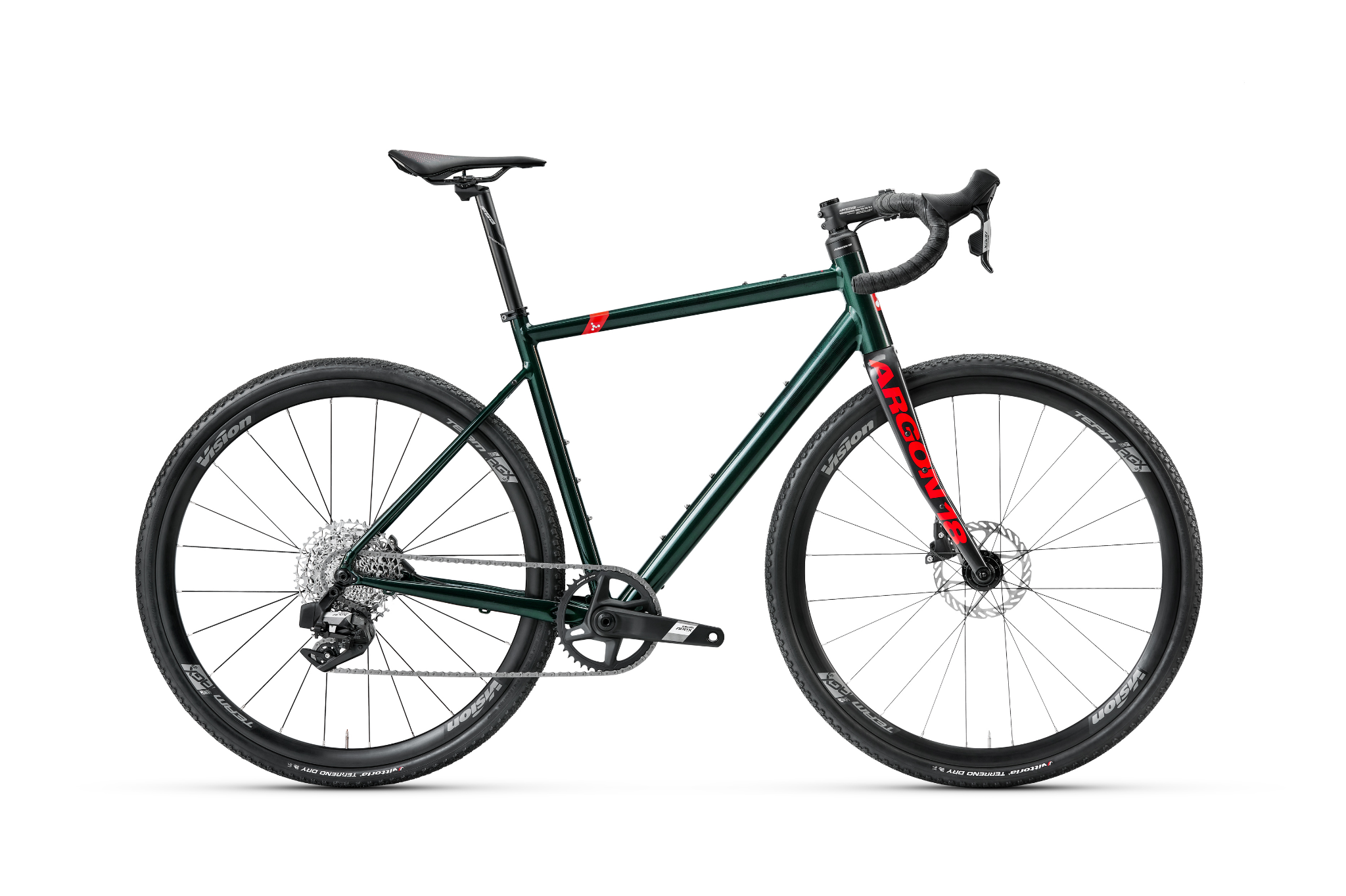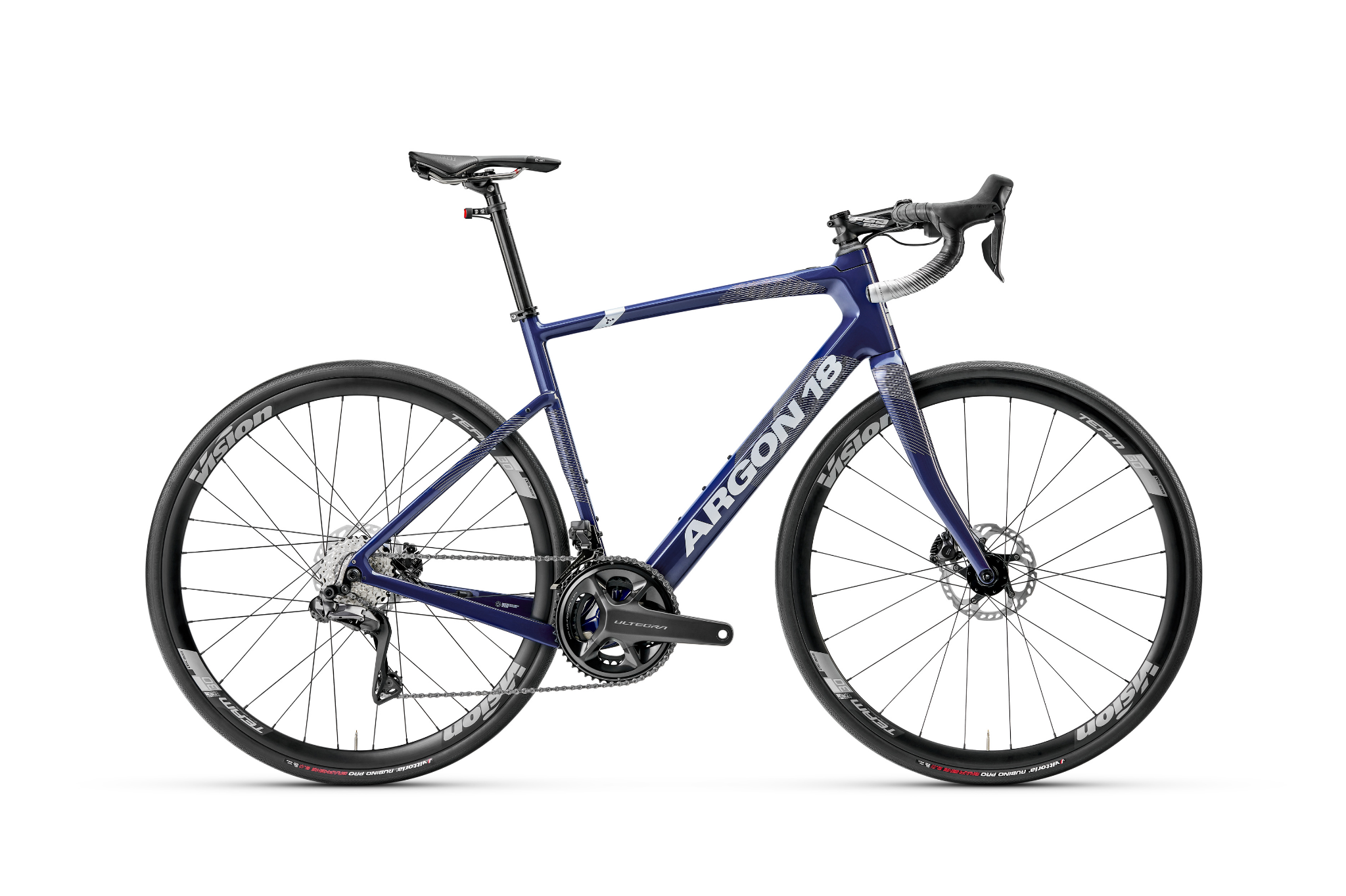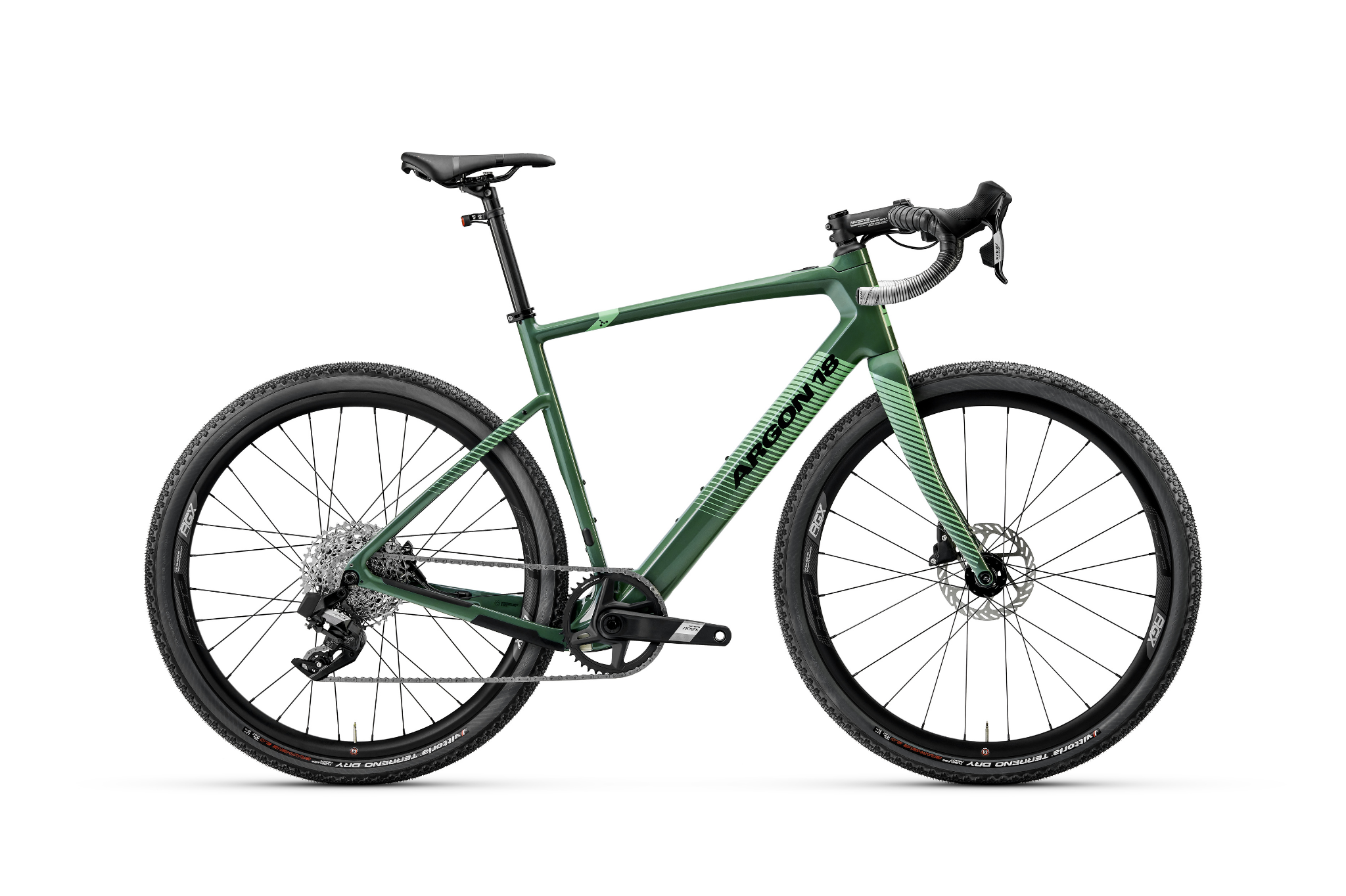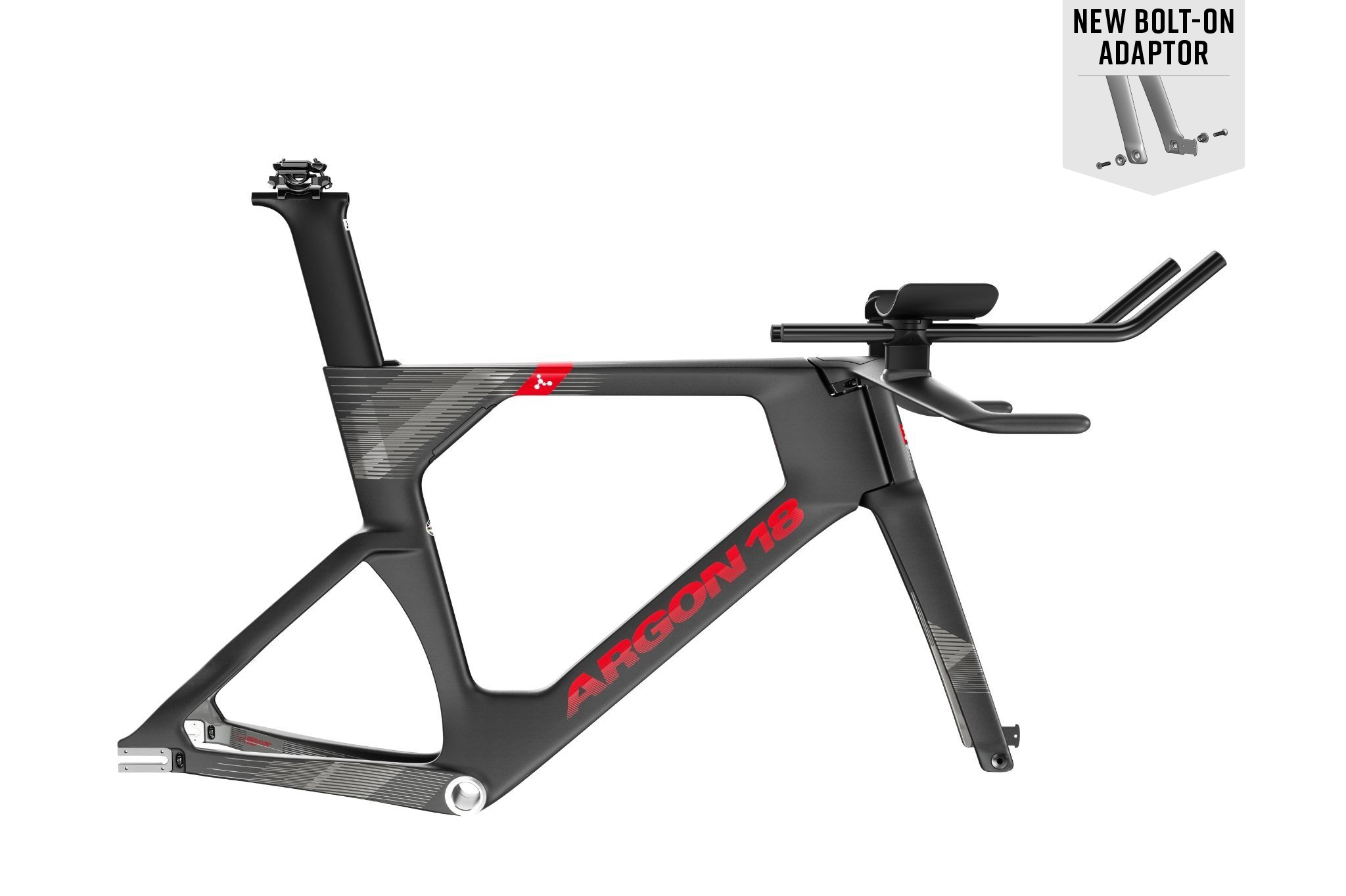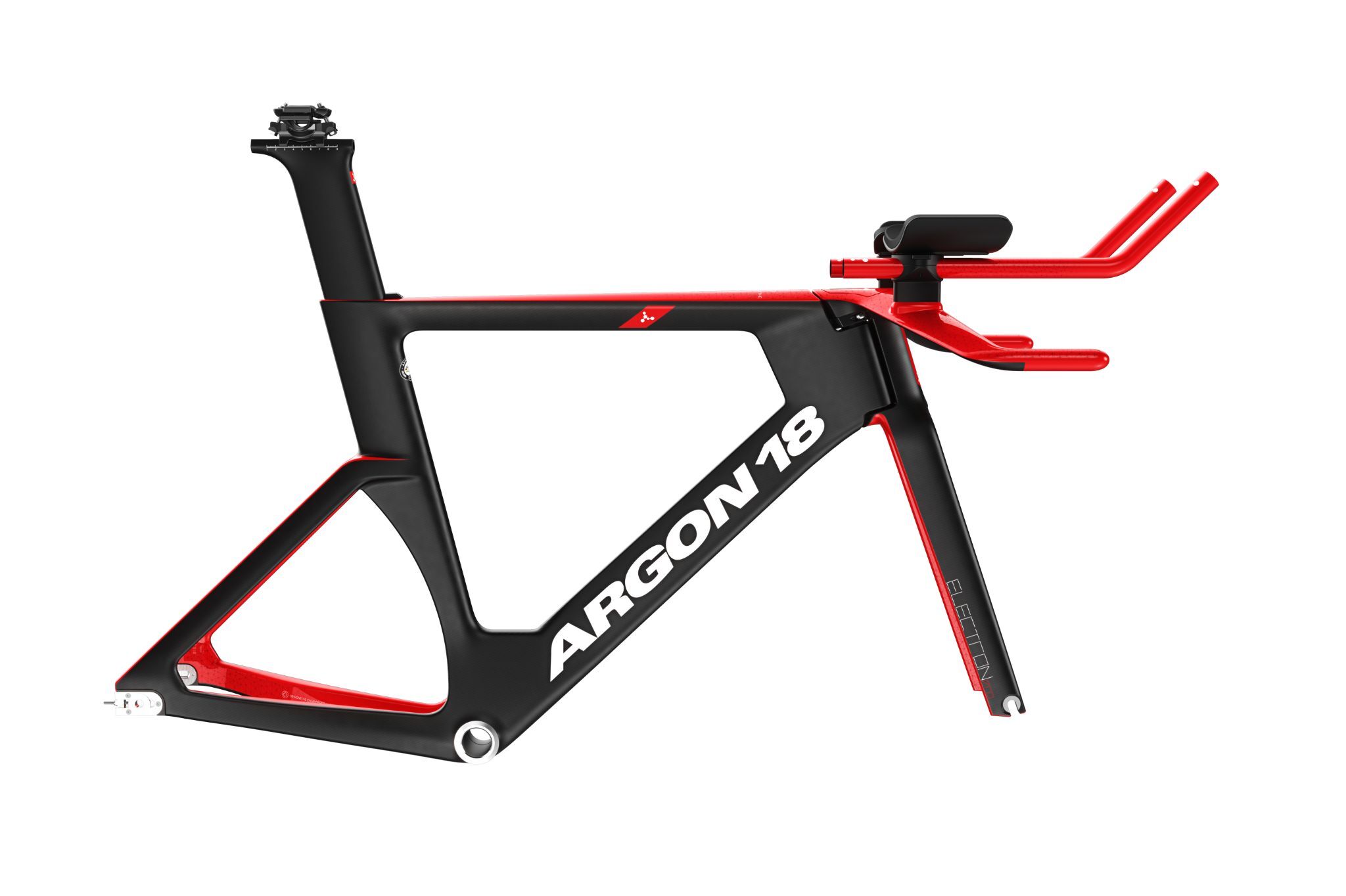Race Report: Trans Am with Henri Do
The Trans Am Bike Race is 4175 miles across the United States from west to east coast, completely self-supported. We spoke with Argon 18 athlete Henri Do after his third-place finish… and after he had a few days to recover.



I finished in 19 days, 8 hours and 55 minutes, in third place. That’s total riding and stoppage time. My ratio was about 68% riding time. My goal was to win or be in the top three, so I accomplished one of those! The three of us – Omar, the winner, Pawel who came second, and I - rode within reachable distance of each other for the whole course. We were passing each other regularly, right up to the last day.
There were definitely faster and slower days. I set the record for the fastest ever first 24 hours at 650 km, with over 6,000m of elevation gain. My average per day came out to around 360km. Mostly it really depended on the weather. I was going by feel, so I could capitalise on how I felt on the day and capitalise on the good weather. I was taking a big gamble going that far without sleeping in that initial 24-hour period. My goal for the first 24 hours wasn’t actually to set the record, it was to go hard and far within what I'm usually ok to handle, and I ended up setting the record. I put a lot of trust in my body to be able to recover from that. It did. From there I trusted myself to know what I needed when.
I did have a tough time or two. Unfortunately for me, the game-changing moment came when my tracker fell off my bike on the second-to-last day. I was in second place at the time, it was pouring rain, cold, and windy. I looked up my location to see where I had lost the tracker and it was at a gas station I had stopped at over an hour earlier. I had to double back, which meant I lost 2-3 hours and Pawel, who was then in third place, passed me. I had a hard time coming back from that. I had to ride the whole stretch I had already done again, against the wind. I hadn’t just lost the time, I lost my momentum, and at the most critical point in the race. I decided to stop at a motel and just get some rest because I wasn’t getting back into it. I didn’t even set an alarm, but I woke up a few times and finally at 5:00am I thought, ok, this is it, it’s not over yet, it’s time to go. It turned out that Omar slowed down considerably that day and Pawel almost caught him too.






I had a few technical difficulties, mainly flats… at the worst possible moments. I had 12-13 flats total. I ride tubeless, and at one point the damage to the tire was so extreme I had to put plugs in, because the cut was too severe for the sealant to seal. In Yellowstone, where there were no bike shops close by, I had to use tubes and duct tape them instead of patching my tires. The flats always seemed to happen when I was about to catch or pass someone, or sketchy parts in the middle of nowhere, like Yellowstone at 2:00am, when stopping to fix a flat made me worry about bears! (The truth is I got used to bears during my TransCanada bike race last year, so I wasn’t that afraid anymore. Like most wildlife, they’re more afraid of you then you should be of them.)
There were some beautiful moments. The scenery is spectacular. You’re riding so much every day that where you are in the morning is a different world from where you are in the evening. In Colorado, at Hooser's Pass at over 11,000 feet of altitude (the highest elevation point of the whole race) I could see mountain ridges and glaciers, then 10 hours later I was in Kansas and it’s all hot, flat, and humid.
There was also a time on the first major climb, Togwotee Pass, that I started to feel completely weak, like I had nothing left in me. It turned out to be due to elevation sickness, and my body was still getting used to the rhythm of those long rides. I checked into a touristy lodge that cost close to $300 US for a room that was nothing fancy, but I needed to do it to recover. That was my shortest day of the whole race – only about 100km. All the dotwatchers didn’t understand what was going on, why I had stopped and fallen so far behind. They were saying oh, he’s no longer in the lead group, he’s in the mid-pack now. But the next day, after I had rested, I felt great. I had about 130 miles deficit on second place at that point and about 200 on first. I caught the second-place rider after a day and first after two days. I was back in the race and more importantly, knew that despite any setback I would continue to have the ability to come back.



My biggest life saver was burgers! I never used to eat burgers. I'm more of an ice cream kind of person, and that's what I'm known for in Montreal, but I started eating at Burger King, McDonalds, every possible fast food or fancy burger joint, you name it. I found a new love for burgers while traversing the USA and started having burgers for breakfast, lunch, and dinner. It fueled me until the very end.
I would definitely do Trans Am again. Now I know the course. This year I came in physically prepared but didn’t do any prep on the course itself, like where to sleep. Now that I know what to do better, I can be more efficient on the rest stops. I’m really more of a 24- or 48-hour cyclist, where there’s really no sleep and I don’t carry much, so this was a step out of my comfort zone. I’d also like to take on other major ultra-endurance rides like Trans-Continental or Race Across France. I’d also like to explore off-road, which is something I don’t do much of. But I’ll be doing the Log Driver’s Waltz in Ottawa this year, which is an 800km gravel bikepacking ride. We’ll see how that goes!




